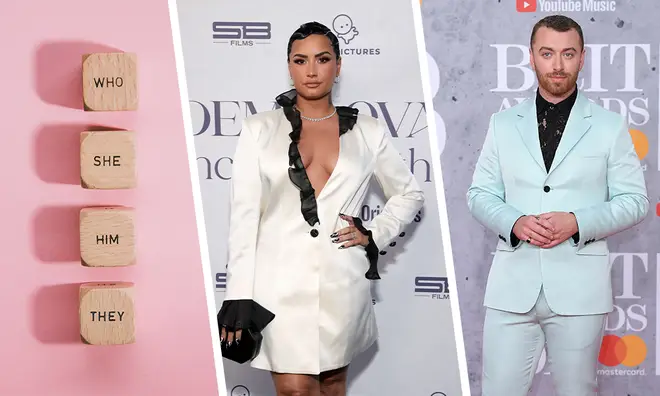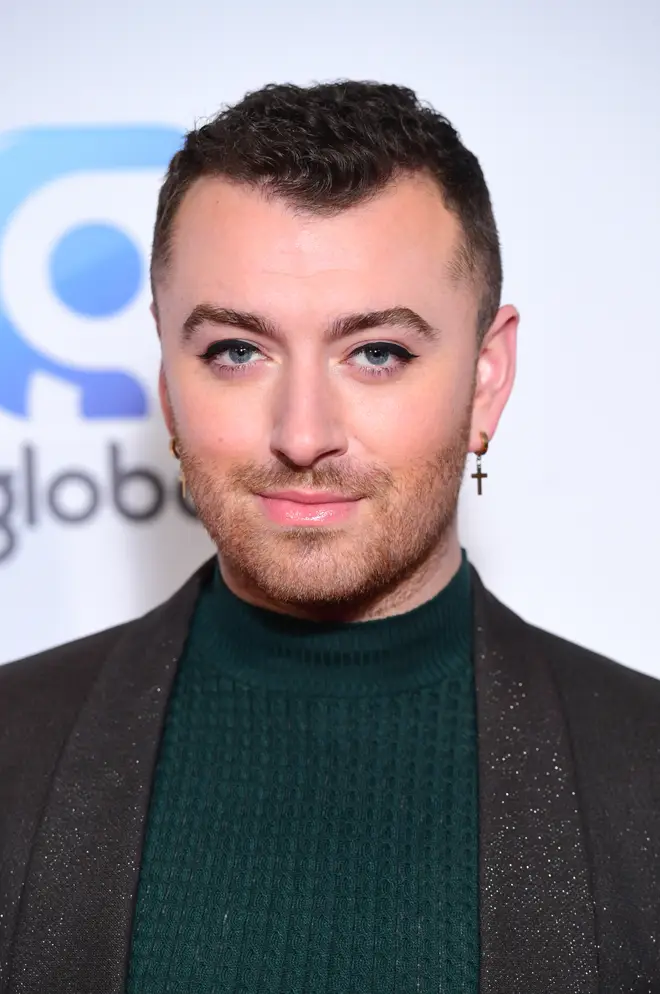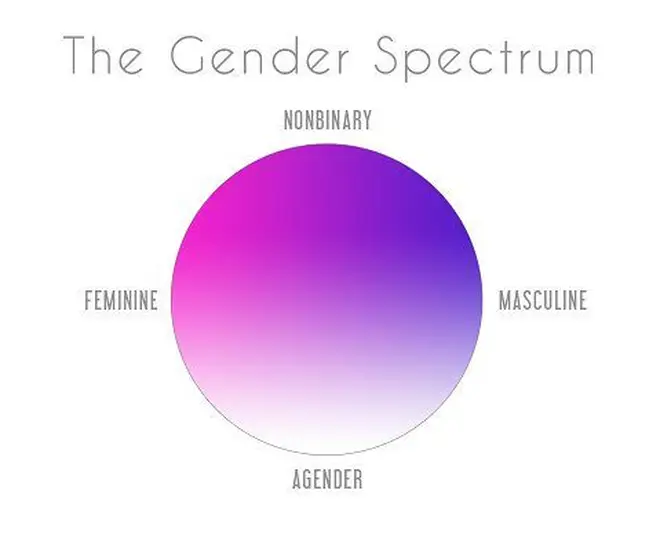On Air Now
Capital Breakfast with Jordan North, Chris Stark and Sian Welby 6am - 10am
19 May 2021, 12:11

Here’s why it’s so important to understand gender identity and pronouns.
An increasing number of high profile names in the spotlight, such as Demi Lovato, Sam Smith and Jonathan Van Ness, have stated their preferred pronouns and are encouraging embracing gender fluidity and challenging gender norms.
But for a lot of people, the gender spectrum and the language associated with it is something they may not fully understand yet.
5 Powerful LGBTQ Documentaries To Watch About Pride
Getting someone’s pronoun wrong is like getting their name wrong, so it’s encouraged you ask which pronouns someone uses.
We asked Mermaids UK, an organisation supporting trans and gender-diverse children and young people, to help explain gender pronouns, how to use them, and why it’s so important to get them right.


While some may argue ‘they’ and ‘them’ only applies to people in a plural setting, it’s easy to forget we use the terms in a singular manner also.
Sam Smith announced in 2019 they are non-binary and changed their pronouns to them/they, explaining: "I'm not male or female, I think I flow somewhere in between. It's all on the spectrum.”
Demi Lovato took to Instagram to reveal their gender identity journey, stating that the term 'non-binary' best represents the fluidity they feel in their gender expression, allowing them to feel like their most authentic self.
They went on to discuss the importance of recognising peoples pronouns: " To me it would mean the world if people could start identifying me as they/them. I will also be accepting if people slip and say her/she, because I know being in my position, it’s going to take a while for people to get used to."
A spokesperson at Mermaids UK explained: “We use they/them pronouns in every day conversations, and many people don’t even realise. If you’ve just come across a wallet on the floor, most people would say ‘someone dropped their wallet’.


Sam Smith praises 'I'm Ready' collaborator Demi Lovato
“Non-binary people use all kinds of pronouns. Many use they/them, she/her, he/him or a combination.
“We’ve met people who describe themselves as ‘pronoun indifferent’, meaning they accept all pronouns and are completely indifferent to them. We also know people who wear a badge to indicate what pronouns feel right that day.”
You may have also heard of ‘neo-pronouns’, which have been in use for a couple of hundred of years already and are singular pronouns outside of he/she/they.
“Some examples of these are ze/zir, xe/xem, per/pers and ey/em. Some people who use neo-pronouns do so because they aren’t comfortable with the gendered implications of he or she, and want to avoid the occasional confusion that may come with they/them.
“There is no definitive pronoun for non-binary people.”

The team at Mermaids UK perfectly explain the gender spectrum can be heavily influenced by someone’s own experiences and culture, as a lot of cultures “don’t hold the same binary ideas of gender as Western cultures do.”
They explain: “For some, gender can be illustrated by a circle with four marked points – masculine, feminine, non-binary and agender. Although, non-binary gender is a spectrum of its own, as there are many ways to experience gender outside of ‘male’ or ‘female’.”
Getting someone’s pronoun wrong is just as disrespectful as getting their name wrong, as it’s all an important part of how you address someone.
Advisors at Mermaids UK highlight: “Using the wrong pronoun for trans people can be extremely distressing for them; if you’ve fought to be seen and respected as the gender you are, instead of the one assigned to you at birth, you may have already been through a lot of pain. To be misgendered is to be reminded of that pain.”
Mermaids UK's representatives recommend “absolutely” asking for someone’s pronouns and that it should be as common as asking their name.
“You shouldn’t just ask someone’s pronouns when you can’t ‘guess’ what they are, as we’ve met many people whose pronouns don’t fit an assumed gender. It can be scary at first, and you may be worried about offending people, but it does get easier!”
“It might feel like a lot of information to take in but if you stick to asking people what their pronouns are, you’ll be fine. And if you make a mistake, quickly apologise, correct yourself, and move on. Lingering on these mistakes can make the person you misgendered feel much more uncomfortable. We’re all learning, we all make mistakes regardless of someone’s gender, and that’s ok.”
If you're 19 or under and need to talk to someone about your gender, please call Mermaids at 0808 801 0400, or visit the web chat on mermaidsuk.org.uk.
> Download Our App For All The Latest News